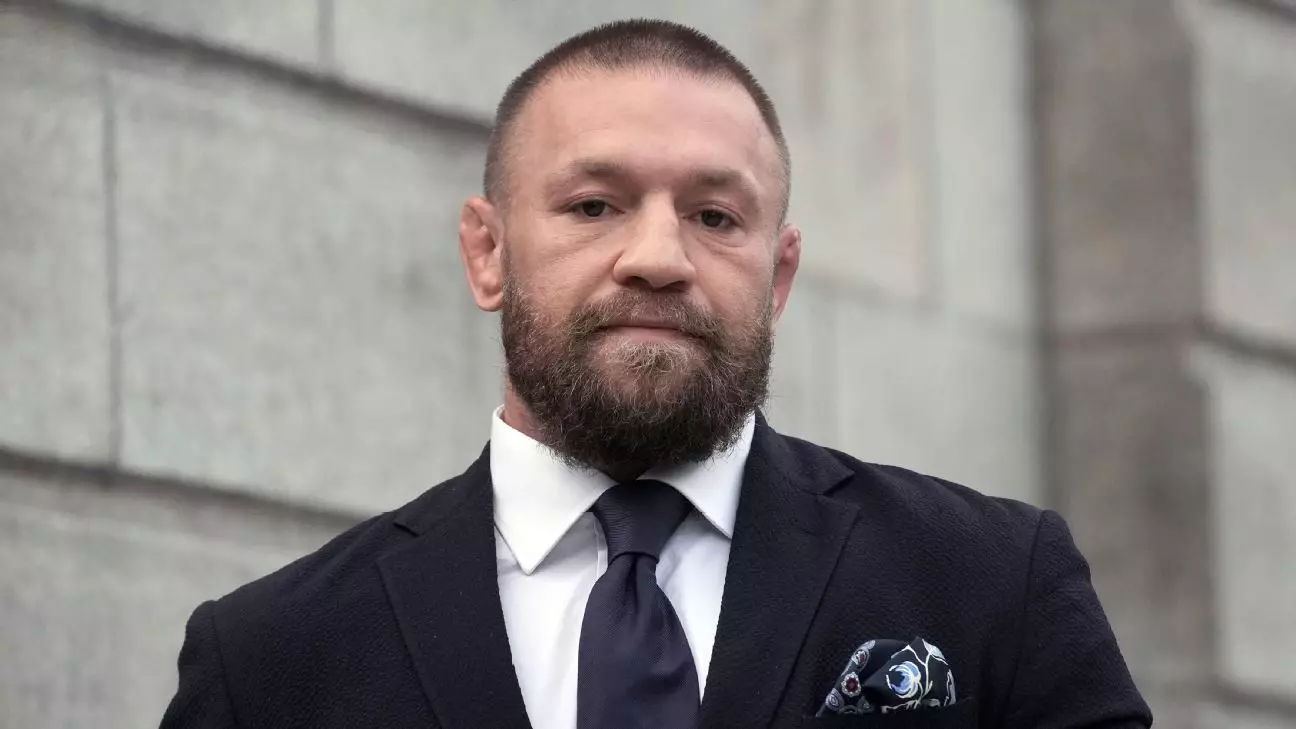Conor McGregor, once celebrated as one of the most charismatic and dominant figures in mixed martial arts, faces a sobering reality beyond the octagon. His recent unsuccessful attempt to overturn a civil sexual assault ruling underscores how personal misconduct allegations can tarnish a public reputation, regardless of athletic achievements. The case, originally stemming from an incident in 2018, did not result in criminal charges but carried enough weight to influence public perception and legal standings. McGregor’s inability to sway the High Court highlights the increasing accountability expected of high-profile figures in today’s society.
This situation exemplifies how the judicial process continues to evolve; it is no longer solely about criminal prosecution but also about civil accountability. McGregor’s effort to appeal and introduce new evidence, including questionable witness testimony, ultimately failed. That outcome signals a broader societal shift: personal misconduct allegations, especially those related to sexual assault, are taken seriously, and their scrutiny can span beyond criminal justice into civil liabilities. For athletes and celebrities alike, this case serves as a stark reminder that fame does not grant immunity from legal consequences or public judgment.
The Power of Reputation in the Age of Social Awareness
In the era of social media and instant communication, McGregor’s case demonstrates how a reputation can swiftly be challenged and potentially irreparably damaged by allegations, regardless of legal finality. While McGregor maintains claims of innocence, the court’s verdict and his failed appeal cast a long shadow over his image. His earlier statements, admitting to a sexual encounter but denying coercion, now seem less convincing, especially as the court’s decision encapsulates a broader disdain for dismissing allegations without thorough scrutiny.
This case exemplifies the importance of personal responsibility, particularly for individuals in the limelight. Public figures are increasingly held to higher ethical standards, and their actions—both on and off the field—are scrutinized intensely. McGregor’s legal setback reveals that regardless of his athletic prowess and financial success, his personal conduct plays a crucial role in shaping his long-term legacy. The high court’s rejection of his appeal emphasizes that allowing personal misconduct to go unchecked is no longer tolerated in a world that demands accountability.
From the Octagon to Personal Accountability
While McGregor’s physical injuries and hiatus from fighting have dominated recent headlines, his legal battles shift the narrative towards personal character and societal values. His desire to return to UFC competition, coupled with ambitions to participate in high-profile events like a White House appearance, seem increasingly distant given his recent legal troubles. This juxtaposition raises questions about the intersection of athletic prowess and moral integrity.
Moreover, the case exemplifies how setbacks outside the cage can eclipse athletic accomplishments. Despite a storied career and significant fan base, McGregor’s challenges remind future fighters and entertainers that integrity and respect are integral to sustained success. Without them, even the most celebrated careers risk being overshadowed by scandal and controversy. As society’s standards for conduct tighten, the importance of cultivating a personal brand rooted in respect and responsibility becomes critical—athletes who ignore this risk losing more than just a match; they risk losing their legacy.


Leave a Reply